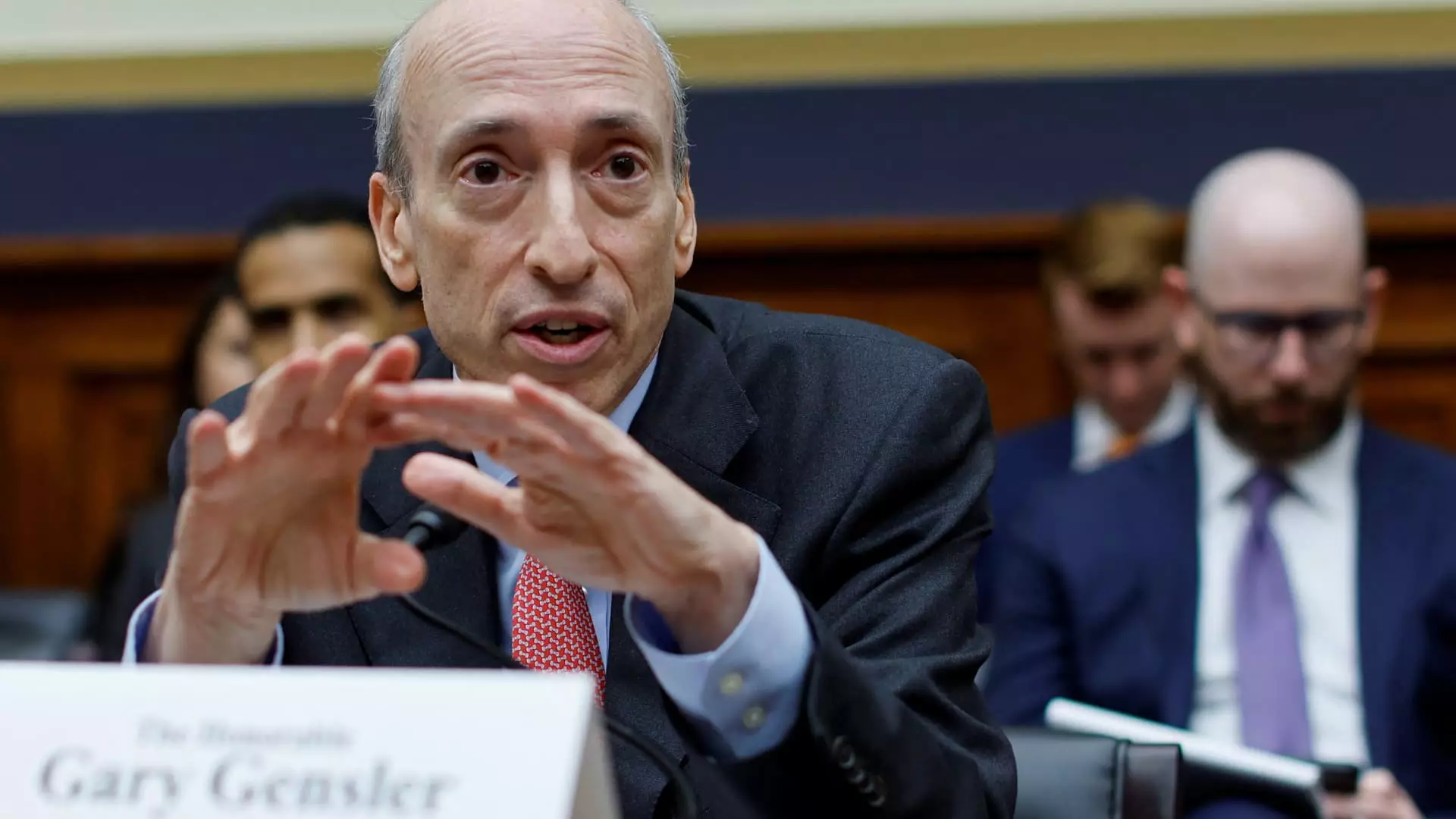In a recent address at the Practising Law Institute’s 56th annual conference on securities regulation, SEC Chairman Gary Gensler delivered remarks that resonated with a tone of reflection, hinting at the end of his tenure. Gensler, who has held the position since April 2021, described his time at the SEC as a profound honor, underscoring the agency’s pivotal role in maintaining robust capital markets in the United States. This statement set the stage for an introspective examination of his achievements and the important initiatives he has championed during his leadership.
Highlighting the various disclosure rules implemented under his guidance, Gensler pointed out key regulations aimed at enhancing transparency. These include mandates for disclosures related to data breaches, the alignment of executive pay with company performance, and stringent requirements for investors seeking significant stakes in companies. Notably, Gensler approached the contentious climate disclosure rule with reserved comments, indicating both awareness of its controversial nature and acknowledgment of its ongoing legal challenges.
Market Structure Reforms
Gensler also discussed progressive changes in market structure, citing enhancements to the central clearing processes for government securities and the reduction of stock settlement periods. Such reforms reflect his commitment to modernization within the financial system, aimed at increasing efficiency and safeguarding against systemic risks. Furthermore, the recent approval of trading stocks in fractional increments exemplifies a notable step toward democratizing access to equity markets, aligning with his vision of equitable financial participation.
A focal point of Gensler’s speech was his resolute stance on cryptocurrency regulation. While he reiterated that Bitcoin itself does not qualify as a security, he emphasized the necessity for regulation concerning the plethora of other digital assets—many of which courts have classified as securities. His assertion that all parties involved in the offering and trading of these assets must register with the SEC indicates a serious commitment to protecting investors from fraudulent practices in an often volatile market.
Moreover, Gensler expressed strong concerns regarding the lack of regulatory oversight within the crypto industry, highlighting it as a contributor to significant investor losses. He articulated the view that most crypto assets have yet to establish validated use cases, signaling a rigorous approach moving forward in holding intermediaries accountable to ensure investor protections are upheld.
While Gensler did not formally announce his resignation, the cadence of his closing remarks suggested a sense of fulfillment and completion of his mission. His references to the dedication of SEC staff and their continuous efforts in safeguarding American families within the financial landscape illustrated a unified vision for the agency’s future. As Gensler possibly prepares to hand over the baton, the key question remains: how will his successor navigate the paths he has paved in the realms of regulation, transparency, and innovation within one of the largest financial systems in the world?

